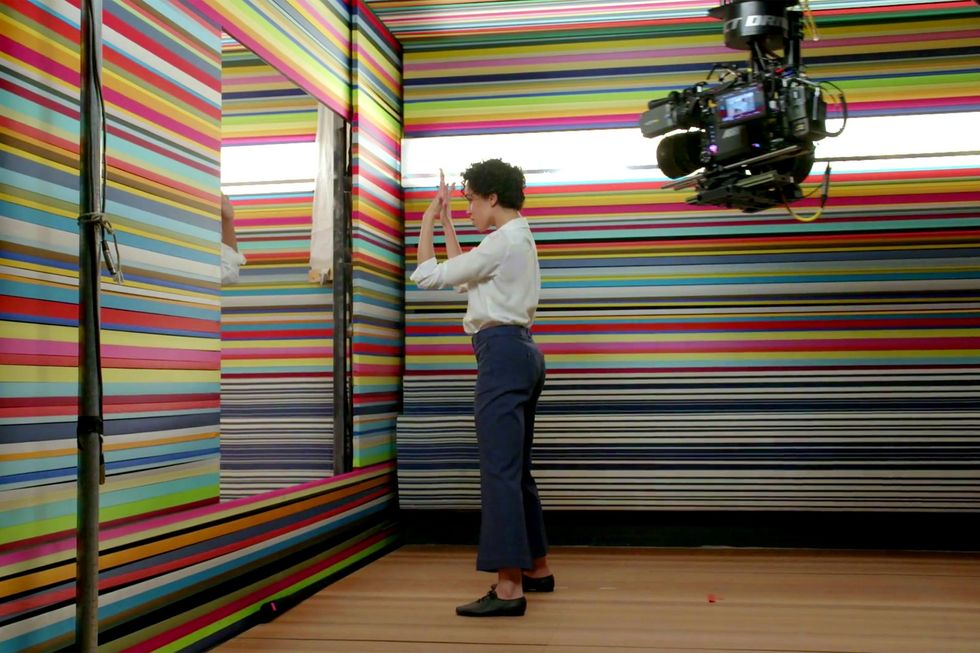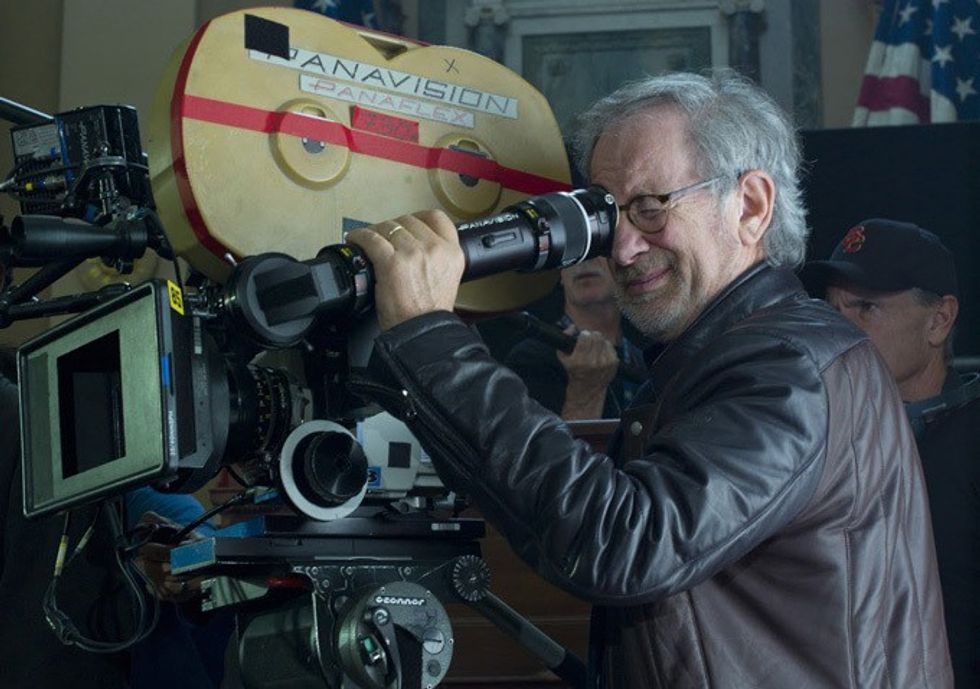
For me, personally, I think the best way to achieve goals is to sit and write them down. There’s something about making them tangible that makes it feel possible. This goes for every goal in life, including directing goals.
Embarking on a directing career in the film industry can be as thrilling as it is daunting.
The path from aspiring filmmaker to successful director is rarely linear, marked by both creative triumphs and challenges.
However, sketching out your directing career goals effectively can provide a roadmap to navigate this unpredictable journey. Here are some strategic steps to help you define and achieve your directing aspirations.
Let’s dive in.
Understand Your Unique Vision

Every director brings a distinct voice and perspective to their work. Begin by reflecting on what stories you’re passionate about telling and how you want to tell them.
This could range from genre-specific interests like horror or documentary to a particular style or focus. Your unique vision will guide your career choices and help you stand out in a crowded field.
It will also help with your brand.
In a competitive industry, your personal brand sets you apart and makes you memorable to potential collaborators, producers, and audiences.
This includes your online presence—such as a professional website, social media profiles, and a reel of your work—as well as how you present yourself in person.
Your brand should reflect your unique vision, values, and what you stand for as a director. Consistency in your messaging and visual identity helps build recognition and trust.
Set Clear, Achievable Goals

Goal setting is crucial in carving out your career path. Start with broad, long-term goals, such as directing a feature film that premieres at a major film festival or creating a critically acclaimed web series.
Break these down into smaller, short-term goals.
An acronym some business friends use that I like is to set goals that are specific, measurable, attainable, relevant, and time-bound (SMART).
For instance, completing a screenplay draft in three months or directing a short film within a year are clear, achievable objectives.
Some Directing Goals You Can Put Onto Paper

Using SMART is a great way to put ideas onto paper. But what should some of them be? Here’s a few that I included in my own journey, as I work to break into Hollywood:
Build a Portfolio
Your directing portfolio is a tangible representation of your vision, style, and skills. Focus on creating a diverse range of work that showcases your versatility and strengths.
This could include short films, music videos, commercials, or spec scripts. Quality over quantity matters; a few well-executed projects can be more impactful than a large number of mediocre ones.
Network and Collaborate
Filmmaking is inherently collaborative, and the relationships you build can significantly impact your career. Attend film festivals, workshops, and industry events to meet peers, mentors, and potential collaborators.
Engage with the film community online through forums, social media, and film-related websites.
Collaborations can lead to new opportunities, provide valuable feedback on your work, and help you learn from others’ experiences.
Seek Mentorship
This was a huge step for me. Finding a mentor can be a game-changer in your directing career. A mentor who has navigated the industry successfully can offer personalized advice, introduce you to key contacts, and guide you through challenges.
Seek out mentors by reaching out to directors you admire, participating in mentorship programs, or through connections within your network.
Feedback and Failure
Feedback and failure are integral to the growth process in any creative field, especially in directing. It’s important to present your work to audiences and peers, inviting constructive criticism.
This feedback is invaluable for honing your craft, understanding your audience’s expectations, and refining your storytelling techniques.
Embrace failure as a learning opportunity. Many successful directors have faced rejection and setbacks before achieving recognition. Analyze what didn’t work, why it didn’t work, and how you can improve in future projects.
Sketching out your directing career goals is a dynamic process that requires introspection, strategic planning, and continuous learning.
By understanding your unique vision, setting clear goals, building a strong foundation, and embracing both collaboration and feedback, you can navigate the complexities of the film industry with confidence.
Remember, the path to becoming a successful director is as unique as the stories you wish to tell. Stay true to your vision, remain adaptable, and persistently pursue your passion for filmmaking.
Now, get to work!
Author: Jason Hellerman
This article comes from No Film School and can be read on the original site.
